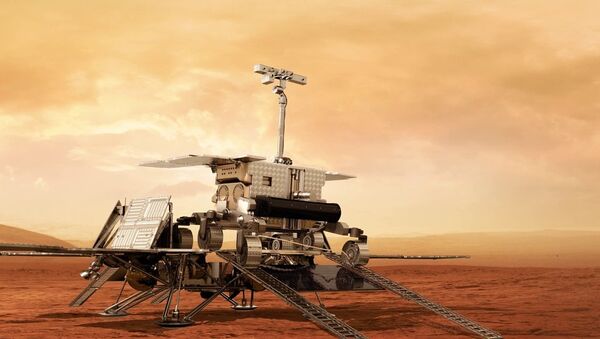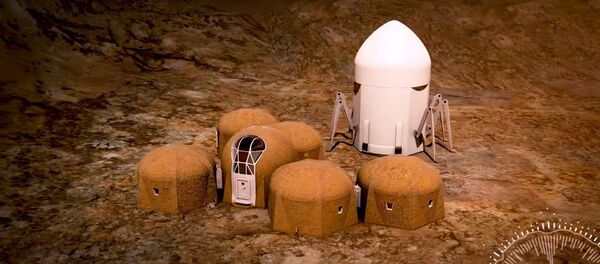Indeed, generating a stable supply of food poses a major challenge given the exorbitant cost of sending resources from Earth, the scientific journal Universe wrote.
This means that colonizers will need a high level of self-sufficiency and sustainable agriculture — a prospect that now looks a bit more real with the recent discovery of liquid water on the planet.
Greenhouses
One option is the use of hydroponic greenhouses and controlled environmental systems, similar to what is currently being tested on the International Space Station to grow crops.
Another way to go is the use of advanced synthetic biology, which combines principles from engineering, DNA science, and computer science to improve the performance of plant life on Mars.
People have learned to read DNA and they can also design biological and even create entire organisms.
The whole genome of yeast, this industrial workhorse microbe, is currently being re-engineered and can now be merged into automated robotic facilities to simultaneously test millions of DNA combinations to find the organisms with the qualities people are looking for.
Unlike Earth’s soil, which is humid and rich in nutrients and microorganisms that support plant growth, Mars is covered with regolith — an arid material that contains perchlorate chemicals that are toxic to humans.
This means that efficient farming on Mars will require substantial amounts of scarce resources like liquid water and energy to grow enough crops on Mars.
The Mars Express, the orbiting European spacecraft probing the southern hemisphere of the Red Planet recently found a huge 12-mile wide lake of liquid water lying beneath the planet’s southern ice cap.
It is the first time a large stable body of liquid water has been confirmed to exist on Mars and the discovery could have major implications for the chances of survival on the Red Planet.
Acclimating Plants to Mars
However, using synthetic biology to develop crops expressly for Mars could be a more rational option as it would speed up the engineering and testing biological designs under simulated Martian conditions.
With adequate funding and active international collaboration, advanced Mars “biofoundries” could improve many of the traits required for making crops thrive on Mars within a decade, Universe wrote.
READ MORE: Red Tide? Underground Water Reservoir Found Beneath Mars' South Pole




